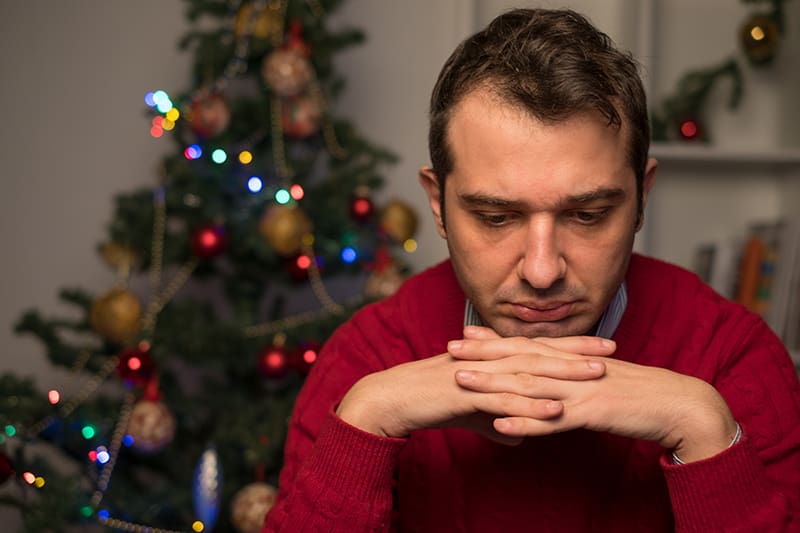
Depressed During the Holidays?
Depression during the holiday season is a widespread issue that often goes unnoticed or is misunderstood. The holidays, while a time of joy for many, can also be a period of heightened emotional stress and loneliness, leading to feelings of depression in some individuals. We will explore the reasons behind holiday depression, how to recognize it, effective coping strategies, and when it’s necessary to seek professional help.
Why Do People Get Depressed During the Holidays?
The holiday season can bring about a range of emotions, from joy and excitement to stress and sadness. For some, the holidays are a reminder of lost loved ones, unmet expectations, or family conflicts. The pressure to be happy and socialize, combined with the financial strain of gift-giving and the hectic nature of holiday preparations, can be overwhelming. Furthermore, the idealized portrayal of the holidays in media and culture can create a sense of inadequacy or isolation for those whose experiences don’t match these ideals. Seasonal changes, notably reduced daylight in winter months, can also contribute to feelings of depression.
How to Recognize Depression
Recognizing depression during the holidays can be challenging, as it often gets dismissed as just “holiday stress” or “winter blues.” However, there are important signs to look out for. These include persistent sadness, loss of interest in activities once enjoyed, changes in appetite or sleep patterns, fatigue, feelings of hopelessness or worthlessness, difficulty concentrating, and withdrawal from social interactions. Physical symptoms such as headaches, digestive issues, or chronic pain without a clear cause can also be indicators of depression.
Coping Strategies for Depression During the Holidays
Coping with depression during the holidays involves several strategies. Firstly, it is essential to set realistic expectations and accept that it’s okay not to feel festive. Prioritizing self-care, such as getting enough sleep, eating healthily, and engaging in physical activity, is crucial. Reducing the holiday workload by delegating tasks or simplifying traditions can alleviate stress. Staying connected with supportive friends or family members can provide emotional support. Additionally, engaging in activities that bring joy or relaxation, such as reading, listening to music, or practicing mindfulness and meditation, can be beneficial.
When to Get Professional Help
It’s important to recognize when it’s time to seek professional help for depression during the holidays. If depressive symptoms persist for more than two weeks, interfere significantly with daily functioning, or if there are thoughts of self-harm or suicide, it’s crucial to contact a healthcare professional. Seeking the help of a therapist or counselor can provide a safe space to explore and address the underlying causes of depression. Medication may sometimes be prescribed as part of the treatment plan.
Remember, reaching out for help is a sign of strength, not weakness.
The holiday season can be a time of happiness and celebration, but it can also be challenging for many. Understanding the personal causes of holiday depression, recognizing its symptoms, employing effective coping strategies, and knowing when to seek professional help are critical steps in feeling relief.
